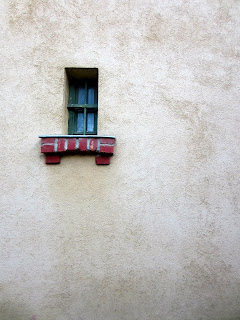My host parents seemed to go to a
wedding every weekend. Whether it was due to how surprisingly young they are and
all of their friends are getting married, or that they are simply that popular,
I could not tell. I also could not understand why they would not leave for the
wedding until nine or ten in the evening only to return late in the night.
Fortunately, one of the weddings was at our house so I got an invite.
When I say that the wedding was “at
our house” I mean it started there. My host parents were the nașii (roughly translated into English
as “godparents”), which meant that they were to stand alongside the couple and
be witnesses for the entire ceremony. The guests and the groom gathered at our
house around noon for finger-food, drinks, and dancing before going to pick up
the bride. We then accompanied the bride and groom throughout each step: the
signing of the marriage certificate, the service at the Orthodox church, and,
finally, the reception. The whole journey was made into a party. The long
caravan of cars drove along with ribbons and bows, honking and making a
commotion in the streets, which to my surprise, was greeted by smiles and waves
from onlookers. At one point, the car in front of me stopped and someone inside
handed a bottle of țuica (plum brandy) to a few construction workers on the
road. Every time we reached our destination a three-man band would play and two
men adorned with Romanian tri-colored sashes made sure everyone had their fill
of țuica. When we finally arrived at the reception hall and it seemed close to
the end, it was really only just beginning. It continued on for hours over a six-course
meal and dance after traditional Romanian line dance until, finally, around 5
am they brought out the wedding cake and things wrapped up.
Of all the differences between
American and Romanian weddings, the length was what struck me the most– A total
of eighteen hours. As I though about this difference, the words of a Romanian
friend came back to me: “Americans work too much.” I began reflecting on
America’s commitment to hard work and how it can overshadow other parts of life.
Maybe that’s cliché, but as I sat there in the reception hall wondering why
there were people passed their middle ages still dancing at 4 am, I began to
see the difference more clearly.



